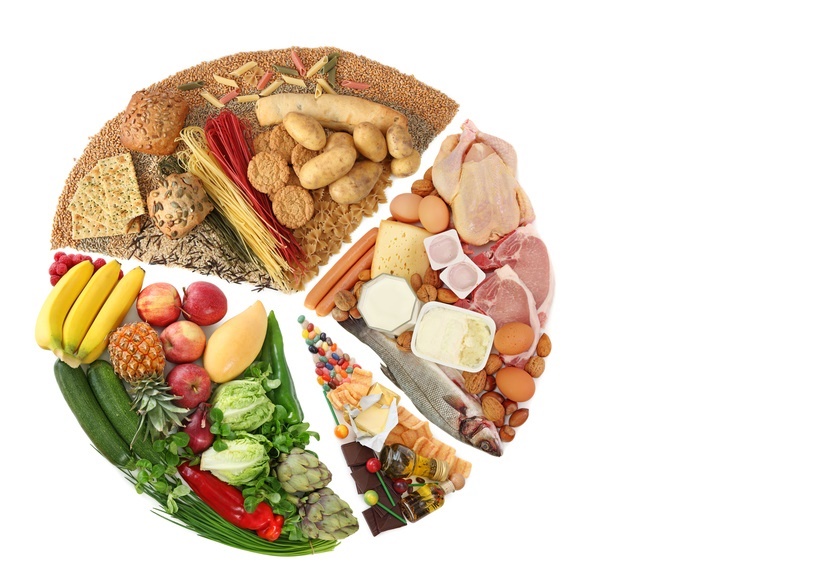
Providing care for a loved one with Parkinson’s disease comes with its unique set of challenges, and nutrition plays a crucial role in managing the symptoms and enhancing their overall well-being. A well-balanced and thoughtfully planned diet can improve energy levels, medication effectiveness, and quality of life. Here are essential nutrition and meal planning tips for Parkinson’s Disease Home Care:
1. Prioritize Nutrient-Rich Foods:
Parkinson’s disease may affect the absorption of nutrients, so it’s vital to focus on nutrient-dense foods. Include a variety of fruits, vegetables, whole grains, lean proteins, and healthy fats in the daily diet. These foods provide essential vitamins, minerals, and antioxidants that support overall health.
2. Maintain Adequate Hydration:
Dehydration can exacerbate symptoms like constipation, dizziness, and fatigue. Encourage regular fluid intake throughout the day. If swallowing becomes challenging, consider offering smaller sips of water or incorporating hydrating foods like water-rich fruits and soups into the diet.
3. Address Swallowing Difficulties:
Parkinson’s disease can lead to difficulties with swallowing, increasing the risk of aspiration. Modify the texture of foods as needed, incorporating softer or pureed options. Consult a speech therapist or dietitian for personalized advice on adapting the diet to accommodate swallowing challenges.
4. Consider Medication Timing:
Some Parkinson’s medications can interact with food, affecting their absorption and effectiveness. Work with healthcare professionals to determine the optimal timing of medication administration concerning meals. This coordination ensures that medications are taken as prescribed, maximizing their impact.
5. Manage Constipation with Fiber:
Constipation is a common issue in Parkinson’s disease. Increase dietary fiber by incorporating whole grains, fruits, vegetables, and legumes into meals. Adequate fiber intake promotes regular bowel movements and supports digestive health.
6. Monitor Protein Intake:
Protein can interfere with the absorption of certain Parkinson’s medications. To optimize medication effectiveness, distribute protein intake throughout the day and consider consuming protein-containing foods separately from medication times. This approach helps balance the need for protein with managing motor symptoms.
7. Include Omega-3 Fatty Acids:
Omega-3 fatty acids in fatty fish, flaxseeds, and walnuts have anti-inflammatory properties and may offer neuroprotective benefits. Incorporate sources of omega-3s into the diet to support brain health and potentially mitigate inflammation associated with Parkinson’s disease.
8. Small, Frequent Meals:
Eating large meals can contribute to feelings of fatigue and discomfort, common challenges in Parkinson’s disease. Instead, opt for smaller, more frequent meals throughout the day. This approach helps manage energy levels, aids digestion, and may prevent digestive system overload.
9. Focus on Texture Modification:
Adjusting food textures can ease difficulties related to chewing and swallowing. Choose softer options, incorporate pureed or blended foods when needed, and ensure that meals are easy to manage. Working with a speech therapist or dietitian can provide valuable guidance on texture modifications.
10. Seek Professional Guidance:
Nutrition needs can vary among individuals with Parkinson’s disease. Consult with a registered dietitian or nutritionist experienced in neurodegenerative disorders. A personalized nutrition plan tailored to the specific needs and challenges of your loved one can make a significant difference in their overall health and well-being.
Final Thoughts
In Parkinson’s disease home care, a well-thought-out approach to nutrition and meal planning is critical to holistic care. By prioritizing nutrient-rich foods, managing hydration, addressing swallowing difficulties, coordinating medication timing, and seeking professional guidance, caregivers can improve overall health and quality of life for their loved ones. These strategies not only support physical well-being but also enhance mood, energy levels, and the enjoyment of daily life. Nourishing the body and mind through thoughtful nutrition is an essential aspect of comprehensive care for individuals living with Parkinson’s disease.
